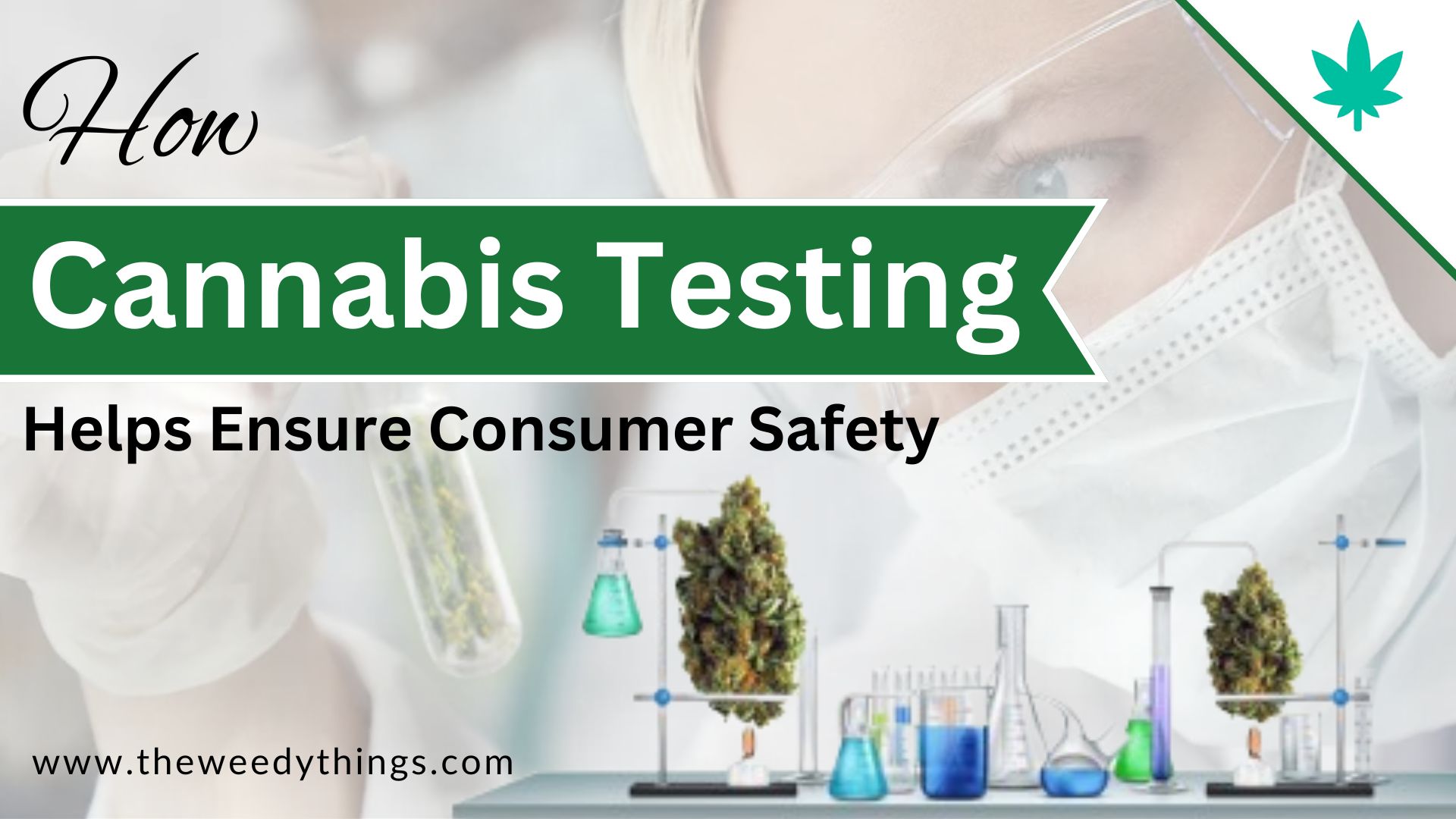Understanding Cannabis Testing
Cannabis testing refers to the process of analyzing cannabis products to assess their potency, purity, and safety. These tests examine various aspects, including cannabinoid levels, terpene profiles, contaminants, pesticides, and microbial content. By undergoing rigorous testing, cannabis products can meet quality standards and regulatory requirements, ensuring they are safe for consumption.
Ensuring Product Quality
One of the primary purposes of cannabis testing is to uphold product quality. By analyzing cannabinoid and terpene profiles, testing ensures that consumers receive the potency and effects they expect from a particular strain. Additionally, testing identifies any inconsistencies or discrepancies in product composition, allowing dispensaries and cannabis stores to maintain quality control and provide reliable products to consumers.
Promoting Consumer Safety
Consumer safety is at the forefront of cannabis testing efforts. Testing screens for contaminants such as heavy metals, pesticides, mold, and bacteria, which may pose health risks if present in cannabis products. By identifying and mitigating these hazards, testing helps protect consumers from potential harm and ensures that they can confidently enjoy cannabis products without compromising their well-being.
Compliance with Regulations
Elevating Industry Standards
Cannabis testing plays a pivotal role in elevating industry standards and driving continuous improvement. As the cannabis market evolves, testing methodologies and standards evolve alongside it, ensuring that products meet the highest quality and safety standards. By investing in testing infrastructure and technologies, dispensaries and cannabis stores contribute to the overall advancement of the industry.
Choosing the Best Dispensaries and Cannabis Stores
Factors to Consider:
- Reputation: Look for dispensaries and cannabis stores with a positive reputation for quality products and excellent customer service.
- Testing Practices: Inquire about the testing protocols and procedures implemented by dispensaries to ensure product safety.
- Product Variety: Choose dispensaries that offer a diverse selection of high-quality cannabis products to meet your preferences and needs.
- Knowledgeable Staff: Seek out dispensaries with knowledgeable staff who can provide expert guidance and recommendations based on your requirements.
Frequently Asked Questions
Cannabis testing involves analyzing cannabis products for various contaminants, potency levels, and other quality indicators. It’s crucial for consumer safety because it ensures that products are free from harmful substances like pesticides, heavy metals, and microbial contaminants, and that they meet potency and labeling requirements.
Cannabis testing laboratories typically screen for a range of contaminants, including pesticides, residual solvents from extraction processes, heavy metals such as lead, cadmium, and arsenic, microbial contaminants like bacteria and molds, as well as mycotoxins and foreign materials.
Cannabis testing involves measuring the levels of cannabinoids like THC (tetrahydrocannabinol) and CBD (cannabidiol) to ensure accurate potency labeling. This ensures that consumers know exactly what they are ingesting and helps prevent unintentional overconsumption, which could lead to adverse effects.
Cannabis testing results are crucial for accurate product labeling and dosing guidelines. By knowing the exact cannabinoid content and potential contaminants in a product, manufacturers can provide consumers with precise dosing recommendations and ensure that labels accurately reflect the product’s composition.
Cannabis testing is essential for regulatory compliance and helps establish industry standards for product quality and safety. By ensuring that cannabis products meet established regulatory requirements and quality standards, testing helps build trust within the industry and among consumers, ultimately fostering a safer marketplace for cannabis products.




